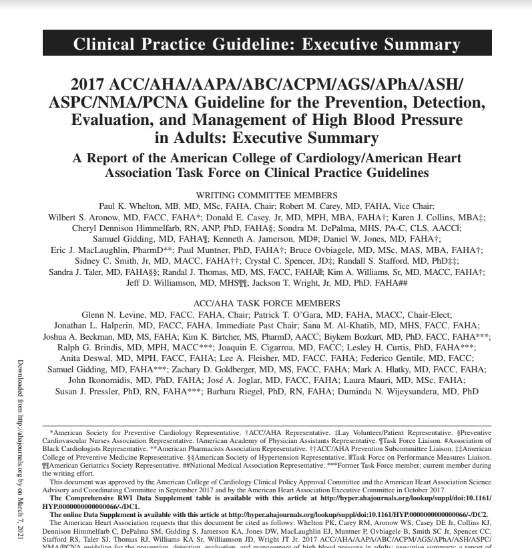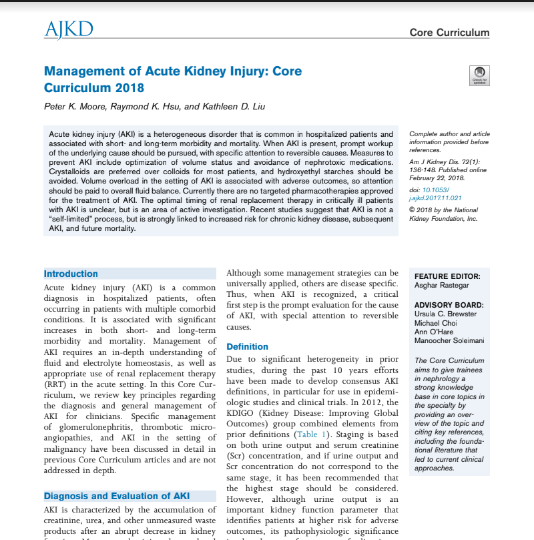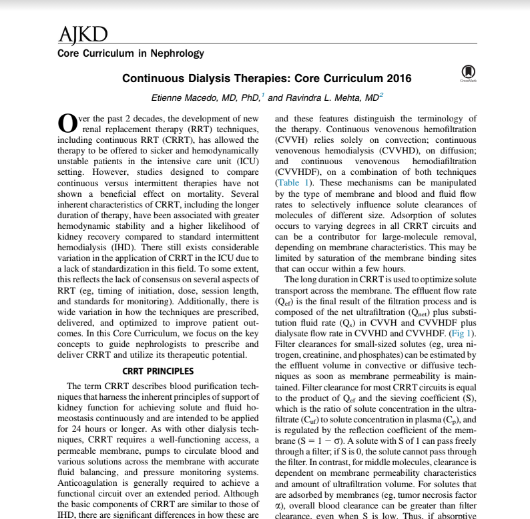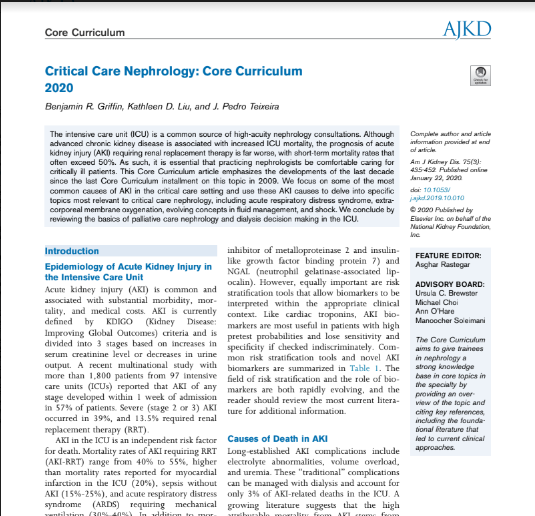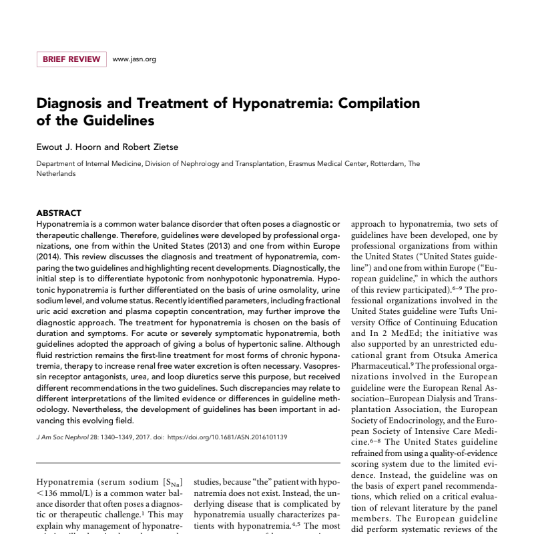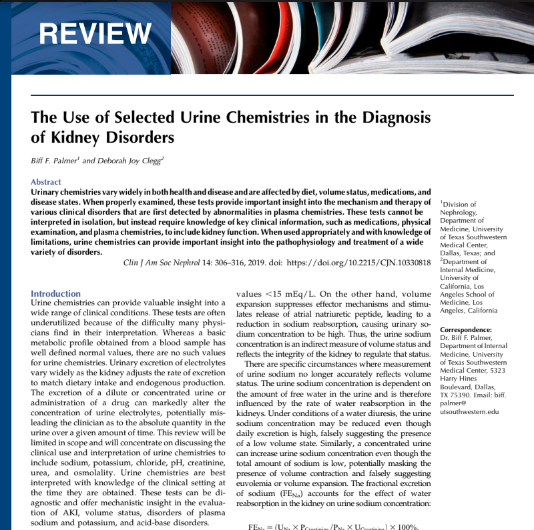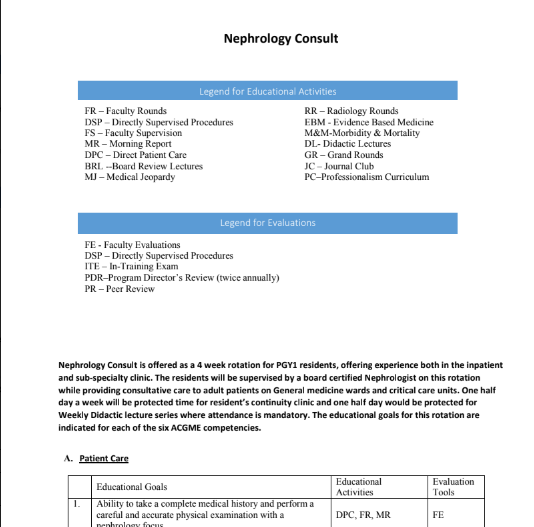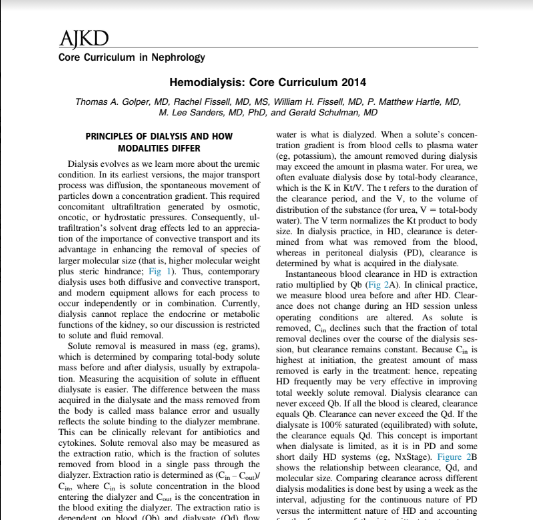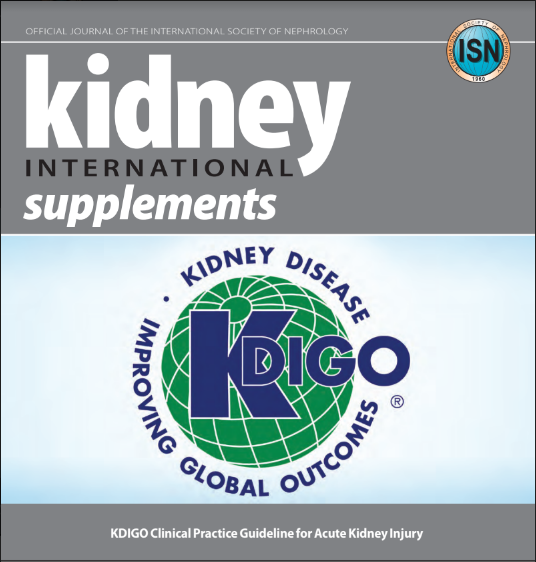IM Residency
Welcome to the nephrology clerkship section of the internal medicine residency. We look forward to working with you in order to maximize your experience during the time you will be with us. Our department is very busy with a high volume of patients multiple admissions and consults within a given day. In order for us to all have a good experience it is essential that we work together. The time spent in teaching has to be balanced by a reduction in workload to the attending in order for us to both benefit. As such please review the below documents as they may be helpful.”
NAMC Nephrology Rotation Guidelines and Useful Information
Rotation Structure
I. Residents should contact the supervising nephrologist the day prior to determining start time and location, This information can be obtained by inquiring with the NAMC Dialysis unit on fifth floor 256 629 5070
II. Residents should divide their time between the hospital and the clinic as appropriate to achieve the above educational goals.
- Residents will be involved in discussion of patient presentation, generation of a differential diagnosis, development of a treatment plan, and patient follow up.
- When possible, residents should follow the same patients during the rotation. It is expected that each resident should carry at least 5 patients, and be available for consultations. All new patient consultation should be documented into the electronic medical record using the consult note template. Access to these templates should be obtained prior to starting the rotation. After the patient is assessed, a formal presentation should be done to the nephrology attending.
- All new patient consultations must include the following subheadings.
- Past medical history
- Past surgical history
- Allergic history
- Social History
- Family history
- Review of systems
- Complete physical examination.
- Case-based learning is most effective. Nightly reading/study should be based on patients seen during the day.
- If doing a Nephrology consult, the resident should understand the question asked.
- and provide a concise answer.
III. Residents may be asked to do focused literature searches or presentations during the course of the rotation.
IV. Call and weekend responsibilities TBD by the attending physician.
- Hours worked must be consistent with ACGME requirements and are subject to approval by the Program Director.
V. Residents have noon conferences and should be excused in a timely fashion to attend.
VI. The rounding list for this service can be obtained from the dialysis unit staff, Which is located in the fifth floor of North Alabama Medical Center.
VII.Usual phone numbers
- Rajesh Boorgu MD 256 366 2827
- Subir Paul MD 256 710 1121
- Dwight Mathew 856 745 5111
- Inpatient Dialysis Unit 256 629 5070
- Erin White Dialysis Nurse Manager 256 443 7537
Nephrology Rotation Educational Goals & Objectives
The nephrology rotation will provide the resident with an opportunity to evaluate and manage patients across the spectrum of renal disorders in both the inpatient and outpatient venues. The goal is to familiarize them with the basic mechanisms, clinical manifestations, diagnostic strategies and management of acute and chronic kidney disease. Depth of exposure should be such that they can develop competency in the prevention of renal disease, indications for procedures, management of common disease and appropriate indications for referral.
Faculty will facilitate learning in the 6 core competencies as follows:
Patient Care and Procedural Skills
I. All residents must be able to provide compassionate, culturally-sensitive, and appropriate care for patients to prevent and treat renal disease.
- R2s should seek directed and appropriate additional specialty or surgical consultation when necessary to further patient care.
- R3s should supervise and ensure seamless transitions of care between primary and consulting teams and between inpatient and outpatient care.
II. Residents will demonstrate the ability to take a pertinent history and perform a focused physical exam. R1s should be able to elicit the following historical details:
- Risk factors for the development of kidney disease
- Personal and family history of kidney disease
- Symptoms associated with renal disease and their duration, including recognition of uremia, assessment of volume status, and systemic symptoms and signs that reflect renal disease
- A complete medication history, including potential nephrotoxins
R2s should be able to recognize the association of various systemic diseases and drugs, prescribed and recreational, with (potential) renal disease. R2s should be able to elicit compliance issues affecting patient’s current health status.
R3s should be able to independently obtain the above details for patients with complex renal histories and multiple comorbid conditions and recognize the role of comorbidities and compliance issues with regard to aggressiveness of care.
III. Residents should be able to appreciate the following physical findings:
- R1s: aortic bruit, CVA tenderness, enlarged bladder, physical reflection of volume status, transplanted kidney
- R2s: evidence of atheroembolic disease, pericardial rub, renal bruit
- R3s: changes of diabetic retinopathy
IV. Residents will become competent in the following procedures:
- R1s: Foley catheter placement, urine dip and microanalysis
V. In addition, residents will demonstrate knowledge of and be able to counsel patients regarding the indications and contraindications for the following procedures:
- R2s: dialysis catheter placement and initiation of dialysis, renal biopsy
- R3s: peritoneal versus hemodialysis
Medical Knowledge
I.R1s will develop an understanding of the pathophysiology, clinical presentation, and therapy for the following common conditions:
- Acute renal failure, including pre-, renal, and post-renal etiologies
- Acute tubulointerstitial disease
- Analgesic nephropathy
- Anemia of renal disease
- Chronic renal failure, and associated systemic diseases
- Common acid-base disorders
- Diabetic nephropathy
- Dialysis – evaluation of dialysis options and management of pre-dialysis and dialysis patients
- Fluid, electrolyte, and nutritional disorders associated with renal disease
- Hematuria
- Hyperparathyroidism
- Hypertension
- Interstitial nephritis
- Nephrotic syndrome
- Polycystic kidney disease
- Proteinuria
- Uremia
R2s will also develop an understanding of the pathophysiology, clinical presentation, and targeted therapy for the following conditions:
- Chronic tubulointerstitial disease
- Glomerulonephritis, primary and secondary, and nephritic syndrome
- Dialysis – evaluation of vascular access options
- Renal transplantation
R3s will develop an understanding of the pathophysiology, clinical presentation, and targeted therapy for the above renal conditions, with attention to differences in patient populations where appropriate.
II. R1s will be able to understand the indications for ordering and the interpretation of laboratory and imaging studies:
- Arterial blood gas
- Creatinine clearance, and its significance for drug therapy
- Renal imaging studies: ultrasound, CT, urogramd. Urinalysis
- Urine and serum osmolality
- Urine electrolytes, eosinophils, protein/creatinine
III. R2s will also demonstrate knowledge of the indications for ordering and the interpretation of:
- Renal biopsy
- Renal imaging studies: captopril renal scan, MRI-A, angiogram
- Serologic tests for evaluation of glomerulonephritis
R3s will independently, appropriately order studies and be able to interpret results within the context of patient comorbidities, pretest probability of disease, and patient values.
IV. Residents should become fluent in the issues of health maintenance relevant to renal disease and be able to counsel patients appropriately on:
- Diet
- Cholesterol management
- Blood pressure management
- Smoking cessation
Practice-Based Learning and Improvement
- All residents should be able to access current clinical practice guidelines from the National Kidney Foundation, journals, and other sources to apply evidence-based strategies to patient care.
- R2s should develop skills in evaluating new studies in published literature, through Journal Club and independent study.
- All residents should learn to function as part of a team, including the nephrologist, nurse, pharmacist, and dietician, and social worker to optimize patient care.
- All residents should respond with positive changes to feedback from members of the health care team.
Interpersonal and Communication Skills
- R1s must demonstrate organized and articulate written (electronic) and verbal communication skills that build rapport with patients and families, convey information to other health care professionals, and provide timely documentation in the chart.
- R2s must also develop interpersonal skills that facilitate collaboration with patients, their families, and other health professionals.
- R3s should demonstrate leadership skills to build consensus and coordinate a multidisciplinary approach to patient care.
- R3s must be able to elicit information or agreement in situations with complex social dynamics, for example, identifying the power of attorney or surrogate decision maker, and resolving conflict among family members with disparate wishes.
Professionalism
- All residents must demonstrate a commitment to carrying out professional responsibilities.
- R1s should be able to educate patients in a manner respectful of gender, cultural, religious, economic, and educational differences on choices regarding their care.
- R2s should be able to use time efficiently in the clinic to see patients and chart information.
- R2s should be able to counsel patients and families both on diagnostic and treatment decisions and on initiation or withdrawal of dialysis.
- R3s should be able to provide constructive criticism and feedback to more junior members of the team.
Systems-Based Practice
- R1s must have a basic understanding that their diagnostic and treatment decisions involve cost and risk and affect quality of care.
- R2s must be able to discuss alternative care strategies and the cost and risks involved in current quality issues in nephrology care, such as the appropriateness of dialysis.
- R3s must demonstrate an awareness of and responsiveness to established quality measures, risk management strategies, and cost of care within our system.
Teaching Methods
I. Supervised patient care in the inpatient and outpatient settings.
- Residents will initially be directly observed with patients, to facilitate the acquisition of excellent history taking and physical exam skills.
- As residents become more proficient, they will interact independently with patients and present cases to faculty.
- Initial emphasis will be on diagnosis and basic management.
- When residents have mastered these skills, focus will be on medical decision-making, and residents will work with supervising physicians to finalize a care plan.
II. Conferences
- Daily noon conference
- Journal club
III. Independent study
- Journal and Textbook reading TBD by nephrology team
- Online educational resources
- American Society of Nephrology: www.asn-online.org
- International Society of Nephrology: www.theisn.org
- National Kidney Foundation (KDOQI Guidelines):
www.kidney.org/professionals/kdoqi/guidelines.cfm - Renal Fellow Network: http://renalfellow.blogspot.com
- Up to Date
- Clinical Key
Evaluation
- Mini-CEX bedside evaluation tool
- Verbal mid-rotation individual feedback
- 360 Evaluation
- Attending written evaluation of residents at the end of the month based on rotation observations and chart review.
Rotation experience
Rotation was well planned and met my educational needs. Dr. Boorgu was so helpful. He patiently listened to my questions and explained them in a comprehensive manner. It will be beneficial for residents if they read about common Nephro conditions like AKI, CKD, ATN, DN before the start of the rotation.
test
This is initial comments to test the logging system. When you provide your review you do not have to check the Star rating but we would otherwise appreciate candid opinion of the rotation. Also please provide any information you can to incoming residents on the nephrology rotation so as to smoother transition when they start.
Nephrology Rotation Educational
The nephrology rotation will provide the resident with an opportunity to evaluate and manage patients across the spectrum of renal disorders in both the inpatient and outpatient venues. The goal is to familiarize them with the basic mechanisms, clinical manifestations, diagnostic strategies and management of acute and chronic kidney disease. Depth of exposure should be such that they can develop competency in the prevention of renal disease, indications for procedures, management of common disease and appropriate indications for referral.
[forminator_form id=”1635″]



